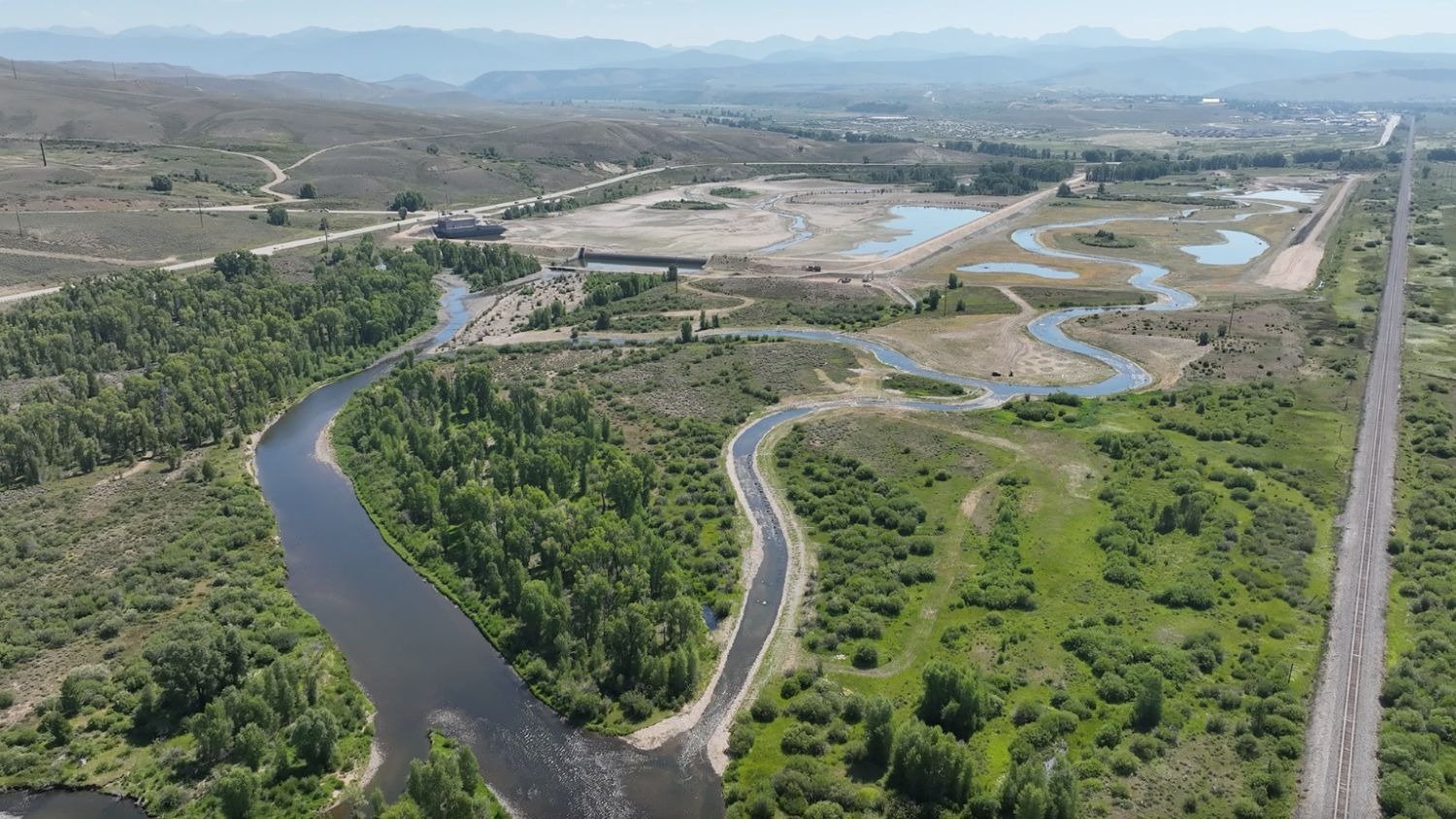Pace will introduce water transfer bill
By PATRICK MALONETHE PUEBLO CHIEFTAIN
Pace said Friday he plans to introduce a bill during the upcoming Legislative session that would require advanced mitigation of economic and ecological effects on originating communities when water is transferred. Read more
Pace said Friday he plans to introduce a bill during the upcoming Legislative session that would require advanced mitigation of economic and ecological effects on originating communities when water is transferred.
On the other side of the fight are the communities that would be the water's destination. And they've prevailed in the past.
Presently, a water judge can only consider senior water rights in determining whether to allow transfers. Pace said it's archaic that ecological damage is not a consideration in the process.
He pointed to Crowley County's meager average annual household income for a family of four - $18,000 - as an example of the aftermath of water transfers conducted without regard to economic or ecological impact on a region. Generally, he said, urban centers are sated at the expense of rural areas by benefiting from the transfers. Consequently, Pace's proposed legislation would require water divisions
seeking to receive transfers to reach economic and ecological mitigation
agreements with the originating communities before the transfers could be approved in Water Court.
If a mitigation agreement could not be reached, a judge would have to rule on one.
The existing law governing mitigation of water transfers - the Conservancy District Act - was adopted in 1937 and only requires mitigation when water transfers come from the Western Slope across the Continental Divide. Pace's bill would extend that mitigation requirement to all transfers between two water districts.
State Sen. Dan Gibbs, a Western Slope Democrat, is the bill's Senate sponsor. A similar bill was proposed in 2004, but it died in the House.
Pace expects opposition to the bill from water providers in populous parts of the state, such as Denver and Aurora. In the past, representatives of those water interests have argued that creation of mitigation requirements would duplicate the efforts of the Interbasin Water Committee, which oversees water transfers in the state.
Pace said he thinks both can exist to the benefit of the state as a whole.
“If this bill passes, it will be by a close margin,” Pace said. “I might have an even harder time passing it than they had when it was proposed in 2004. It will be a fight, but I'm ready for the fight.”
<!--
-->
<!--
 -->
--> 
Today's Front Page
- @ Newseum.org
- One Stop Real Estate Source Colorado Seasons 2009 Best of Pueblo 2009 2009 Football Guide
- High Roller
- Friday Real Estate
- Pueblo West View
- Caminos
- Active Years
Multimedia
Blogs
Special Features
Our Other Publications
-->
<!--
Columns
-->
TV Mag

Photos
-->
Find Ads
Find A Business
Special Publications
Coupons
Items of Interest
Special Sections











 Search for Ads
Search for Ads  Today’s Print Ads
Today’s Print Ads  Pueblo Links
Pueblo Links -
-  -
-  -
-  -
- 


Reader Comments
Submit a Comment
Login:
//
You must be registered to post comments